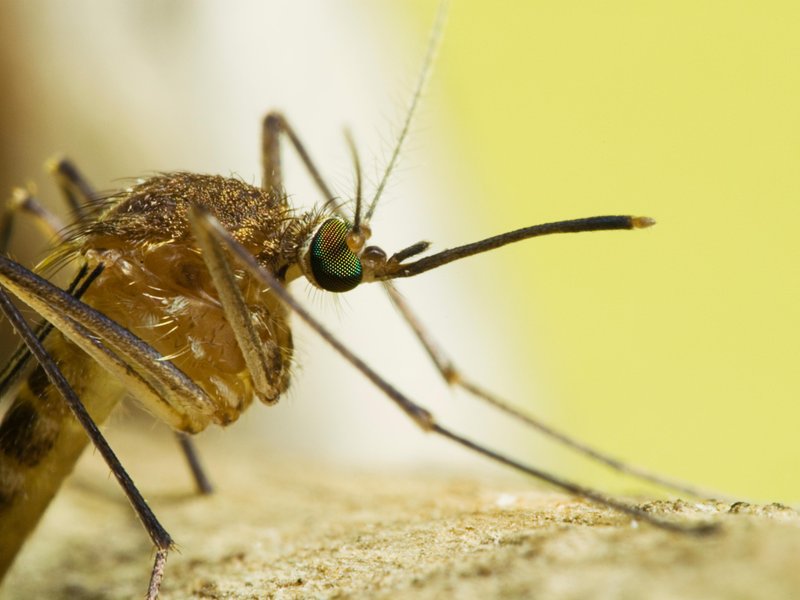Mosquitoes are blamed for spreading the Zika virus but the variety appears to have crossed the Atlantic in slaving ships in the 15th and 16th centuries – see www.smithsonianmag.com/science-nature/how-lowly-mosquito-helped-america-… … the variety of mosquito known as Aedes aegypti has a preference for human blood. It has also learned to live in human environments, laying eggs in artificial containers, pots and cans, barrels, wells and cisterns etc.. It is responsible for spreading diseases such as Yellow Fever and Dengue – and now it is the turn of the Zika virus. However, as a subtropical species it prefers to live in subtropical areas of the modern world – such as Brazil, the Caribbean, and southern North America. These mosquitoes decided the fate of empires – and had the ability to decimate armies. For example, in 1697 Scotland attempted to establish a trading colony on the Caribbean shore of Panama. New Caledonia was intended to position Scots in a situation that took advantage of Pacific and Atlantic trade routes, a reasonable ambition at the time. A large amount of money was involved and 2500 willing volunteers recruited. Within two years 70 per cent of them were dead of the fever as the Scottish immune system could not cope with the insects. In 1707 the Scots accepted union with England in order to pay off the massive debts they had incurred from the money lenders (although there were other political reasons behind the union of the two kingdoms but the debt crisis became a major factor). The deteriorating climate was a major factor – and famine and hunger.
 The French had a similar experience in Guiana (on the southern Caribbean shore). Some 85 per cent of recruits died within 18 months. Likewise, the British attacked Spanish strongholds in what is now Columbia in 1741 but gave up after disease killed most of their soldiers. Again, 20 years later, after capturing Havana in Cuba the British handed it back to the Spanish because so many of their troops had succombed to Yellow Fever. Again, during the American War of Independence mosquitoes played havoc with the British army but this time it was malaria. These stories come from John McNeil, 'Mosquito Empires: Ecology and War in the Greater Caribbean 1620-1694' … I have a book in my library, a bit tatty nowadays as it is quite old, by a William McNeil, who also wrote on disease and plague in history.
The French had a similar experience in Guiana (on the southern Caribbean shore). Some 85 per cent of recruits died within 18 months. Likewise, the British attacked Spanish strongholds in what is now Columbia in 1741 but gave up after disease killed most of their soldiers. Again, 20 years later, after capturing Havana in Cuba the British handed it back to the Spanish because so many of their troops had succombed to Yellow Fever. Again, during the American War of Independence mosquitoes played havoc with the British army but this time it was malaria. These stories come from John McNeil, 'Mosquito Empires: Ecology and War in the Greater Caribbean 1620-1694' … I have a book in my library, a bit tatty nowadays as it is quite old, by a William McNeil, who also wrote on disease and plague in history.
